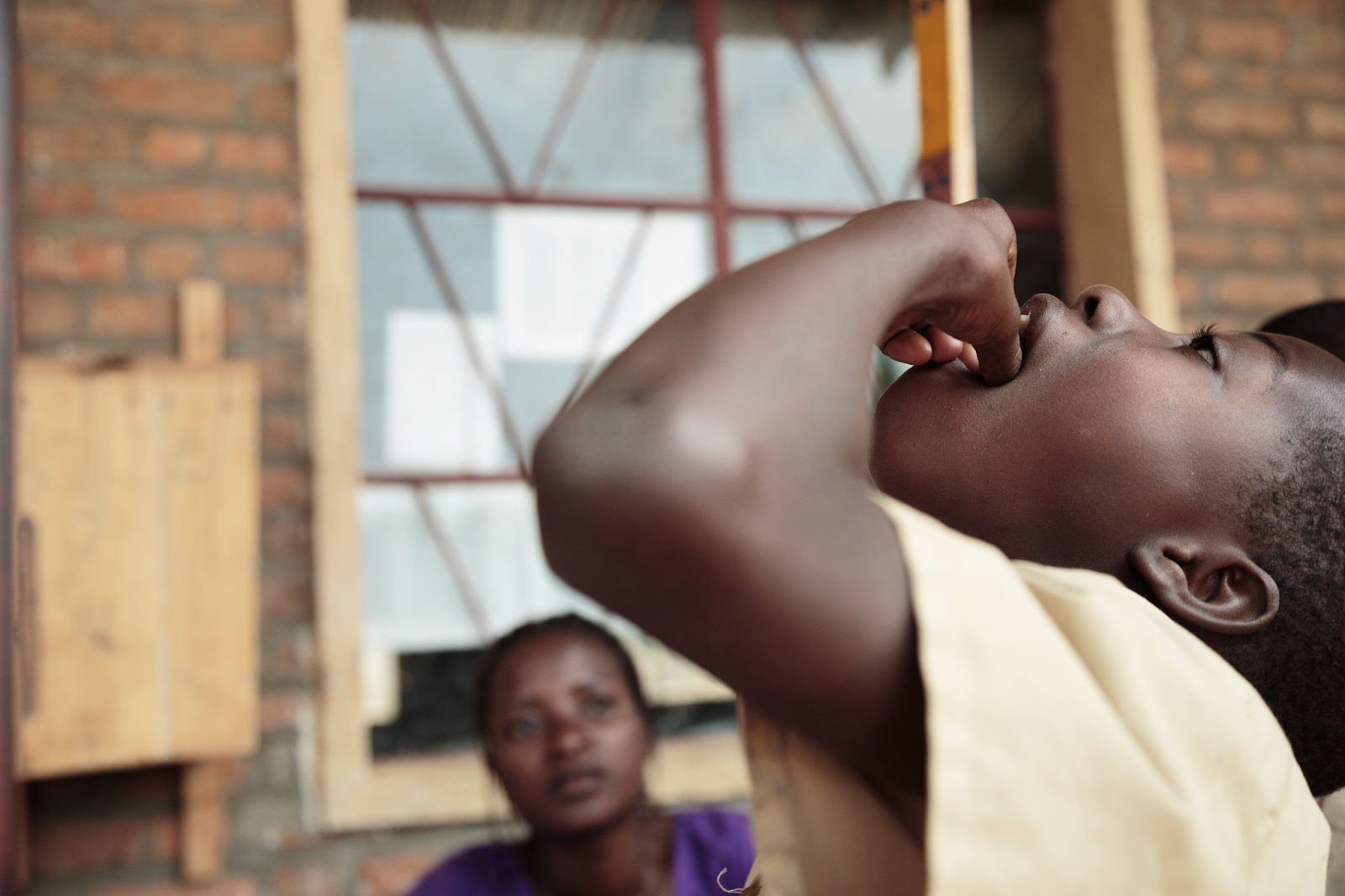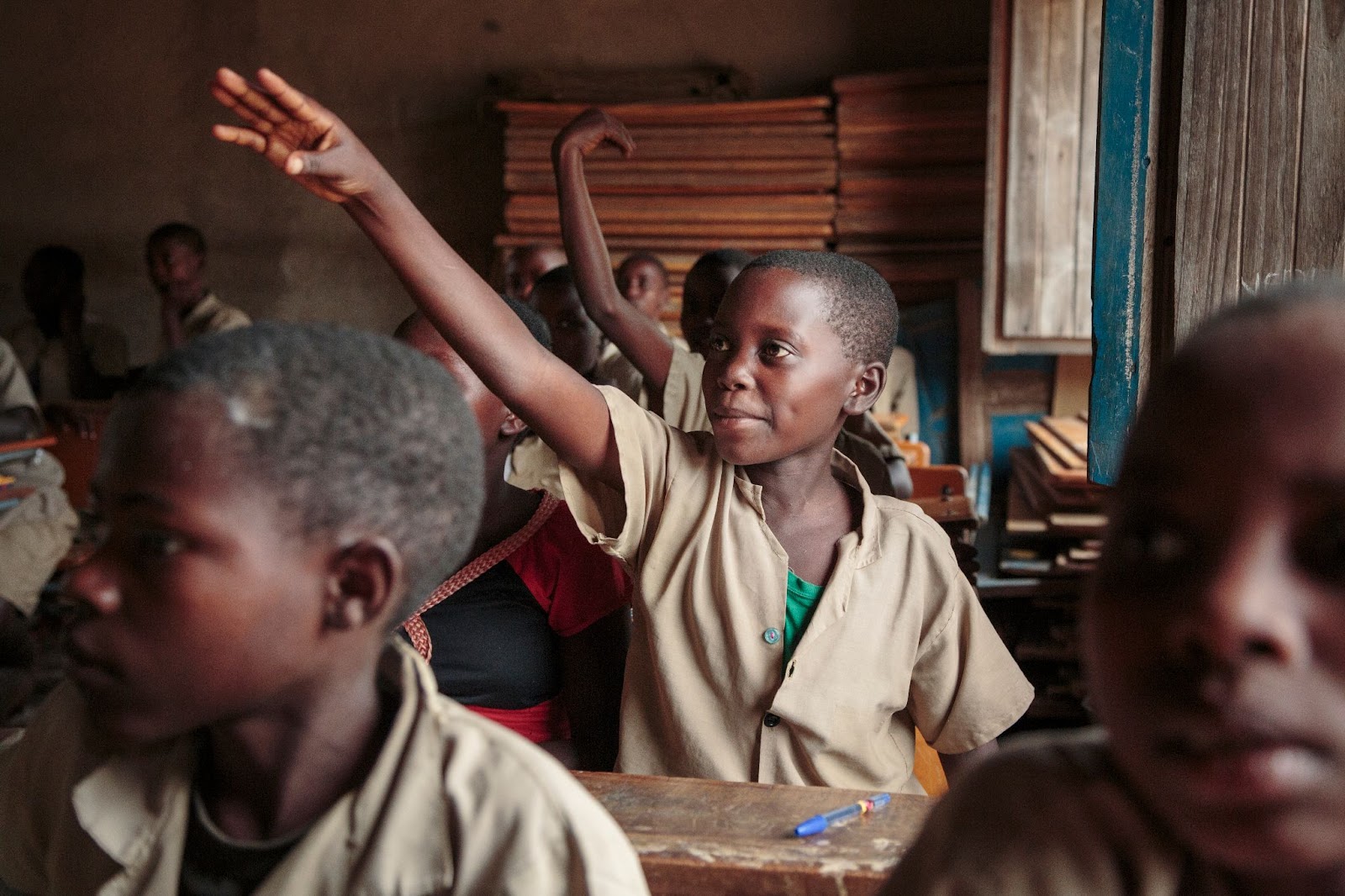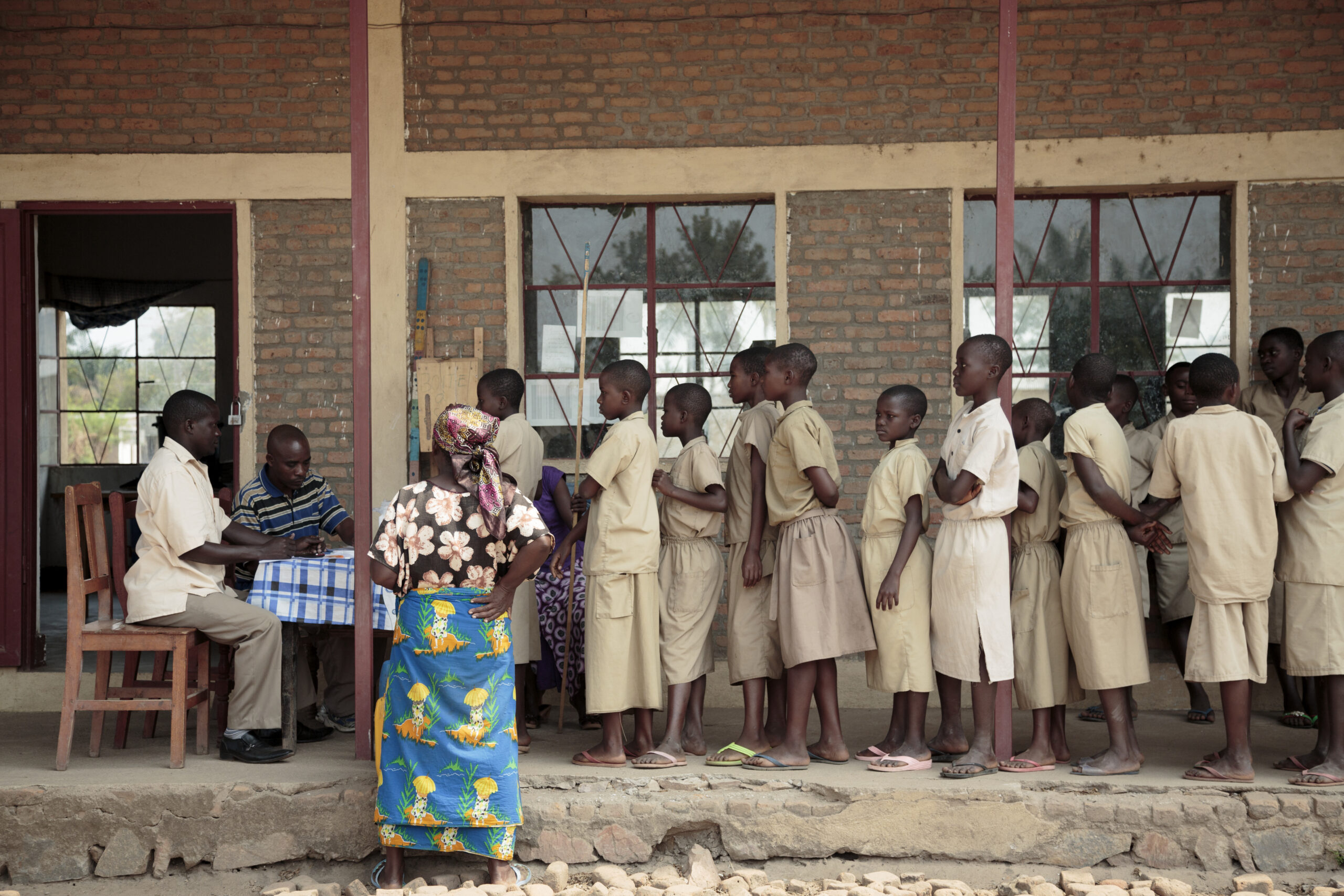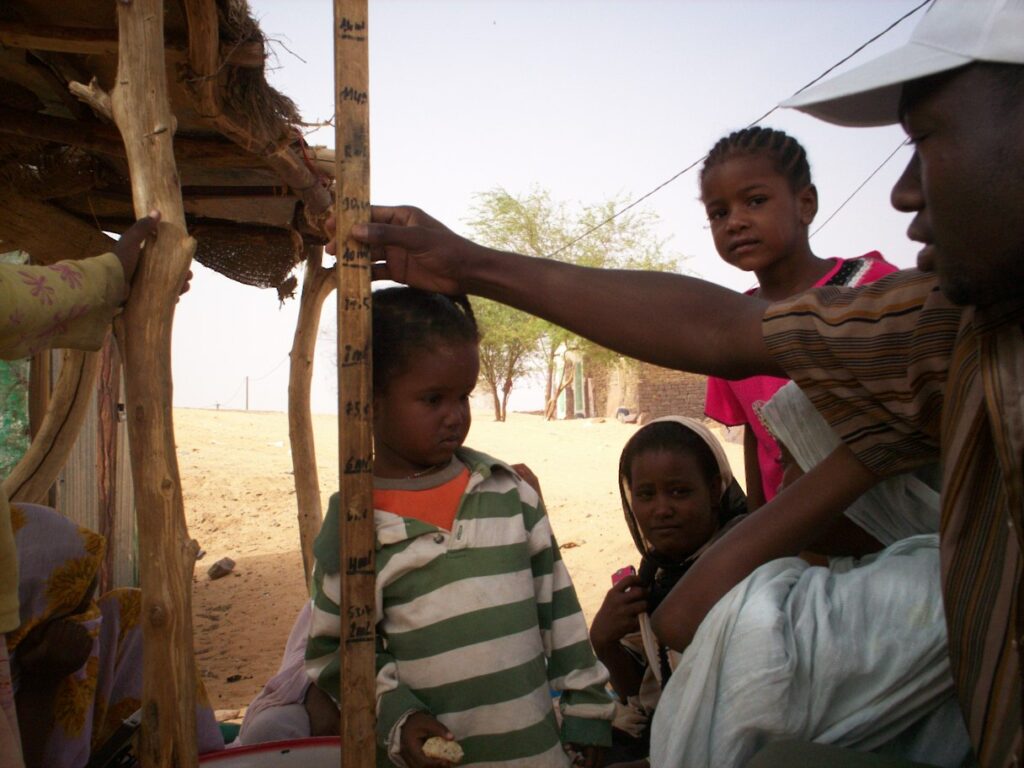Burundi eliminates trachoma after years of successful integration of treatment
By Greg Porter
Trachoma in Burundi Eliminated as a Public Health Problem
The World Health Organization announced that Burundi has achieved elimination of trachoma as a public health problem. Burundi becomes the 24th country to reach this important milestone.
Trachoma is a bacterial infection spread by houseflies. Repeated infections cause the eyelids to turn inward and the eyelashes to painfully scratch the cornea with every blink, leading to permanent blindness. The disease spreads easily in communities that lack access to basic sanitation and clean water for hygiene.
“Burundi’s success is an example of the enormous opportunity that exists when private philanthropy and private capital is funneled through effective country owned plans to create outsized impact,” said Dr. Solomon Zewdu. “Because of effective coordination, intentional partnerships and mitigation of disjointed and duplicative efforts, future generations in Burundi can live without the fear of going blind due to trachoma.”
Trachoma is the leading cause of blindness due to infection worldwide. Each year, vision impairment from trachoma costs communities approximately $8 billion USD in lost productivity, according to the World Health Organization.
How NTD Elimination Happened in Burundi
Prior to 2007, the effort to treat neglected tropical diseases in Burundi was piecemeal. Different government departments covered different diseases, and there was no department in charge of trachoma or lymphatic filariasis. While treatment strategies were used dating back to the 1970s for parasitic diseases like schistosomiasis and intestinal worms, surveys in the early 2000s found that they were ineffective, and the diseases were still widespread among the communities.

Neglected tropical diseases can be treated and prevented by a mechanism of mass drug administration. In a short period, a large part of the population receives treatment, reducing the overall prevalence. But because the efforts were disjointed, most people in Burundi went without treatment.
In 2007, the Legatum Foundation invested in the neglected tropical disease program in Burundi, funding a national scale up to treat all five diseases covered by preventative treatment in one campaign.
“We took an investors approach to this thinking,” said Mark Stoleson, former CEO of Legatum, a global investment firm that created the Legatum Foundation. “How can we test this, how can we try this on a national level to eliminate these diseases, and how can we do it with the sense that it is financially responsible and efficient, that focuses on the return on investment?”
In addition to little treatment, there were no national surveys to determine the prevalence of trachoma prior to 2007. Without data, treating the disease would not be effective and it was thought that it was possible the disease was not endemic in the area. However, the small initial rapid surveys demonstrated that trachoma was active in the country. By 2010, further testing showed four districts that had a prevalence rate of more than 10 percent among the population, requiring a preventative response.
“Understanding the prevalence of trachoma in the country was a massive but critical undertaking that would inform years of treatment that have led to the country achieving this critical milestone,” said Dr. Louise Makau-Barasa, Senior Director at the END Fund, and previously oversaw the Burundi NTD program at inception.
“Burundi has achieved above 80% coverage in all MDA rounds, and behavioural change has been encouraged through hygiene awareness campaigns promoted through schools, media and other communication channels,” concluded a study published in 2023.

Several years of successful treatment brought the country to the threshold of validating elimination by the World Health Organization’s vigorous standards. The END Fund has partnered with Burundi since the early days by supporting the Ministry of Health and CBM to provide treatments. It was again involved in the later stages, supporting the crucial surveys that are needed to create a “dossier” for the WHO to validate the country as having achieved elimination.
What’s Next for Trachoma Elimination
“Innovation in this space is not about advanced technology, it’s not about sophisticated tools. It is actually about consistency, context-based and common sense-based planning with rigor,” said Dr. Zewdu.
Trachoma remains a public health problem in 34 countries, but progress has been steady. Since 2014 there has been a 51% reduction in people requiring preventative treatment in the African region.
To continue achieving success in eliminating neglected tropical diseases while traditional funding sources shift, the global community needs to find efficiencies with existing resources – foreign or domestic – and partnerships, led with one government plan for sustainable solutions. Burundi’s success demonstrates that this discipline does exist to achieve elimination.




